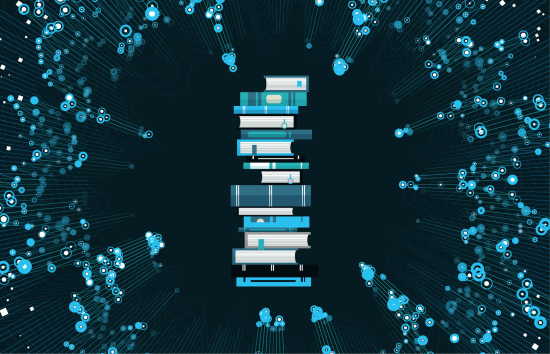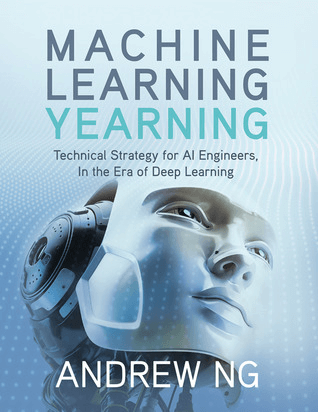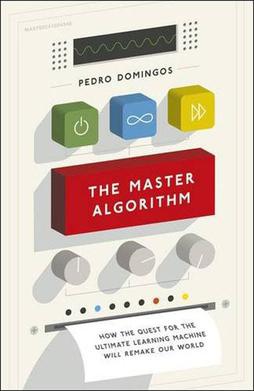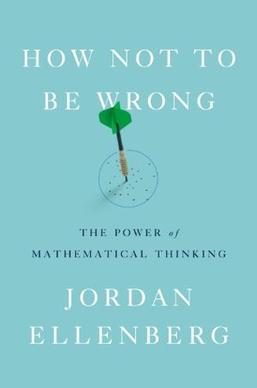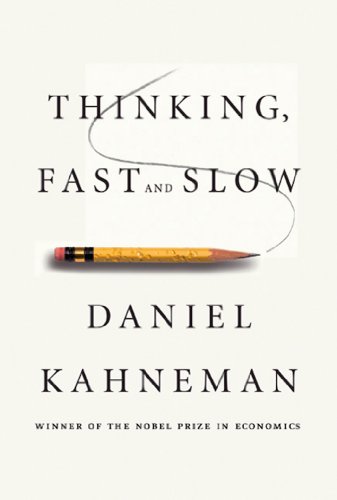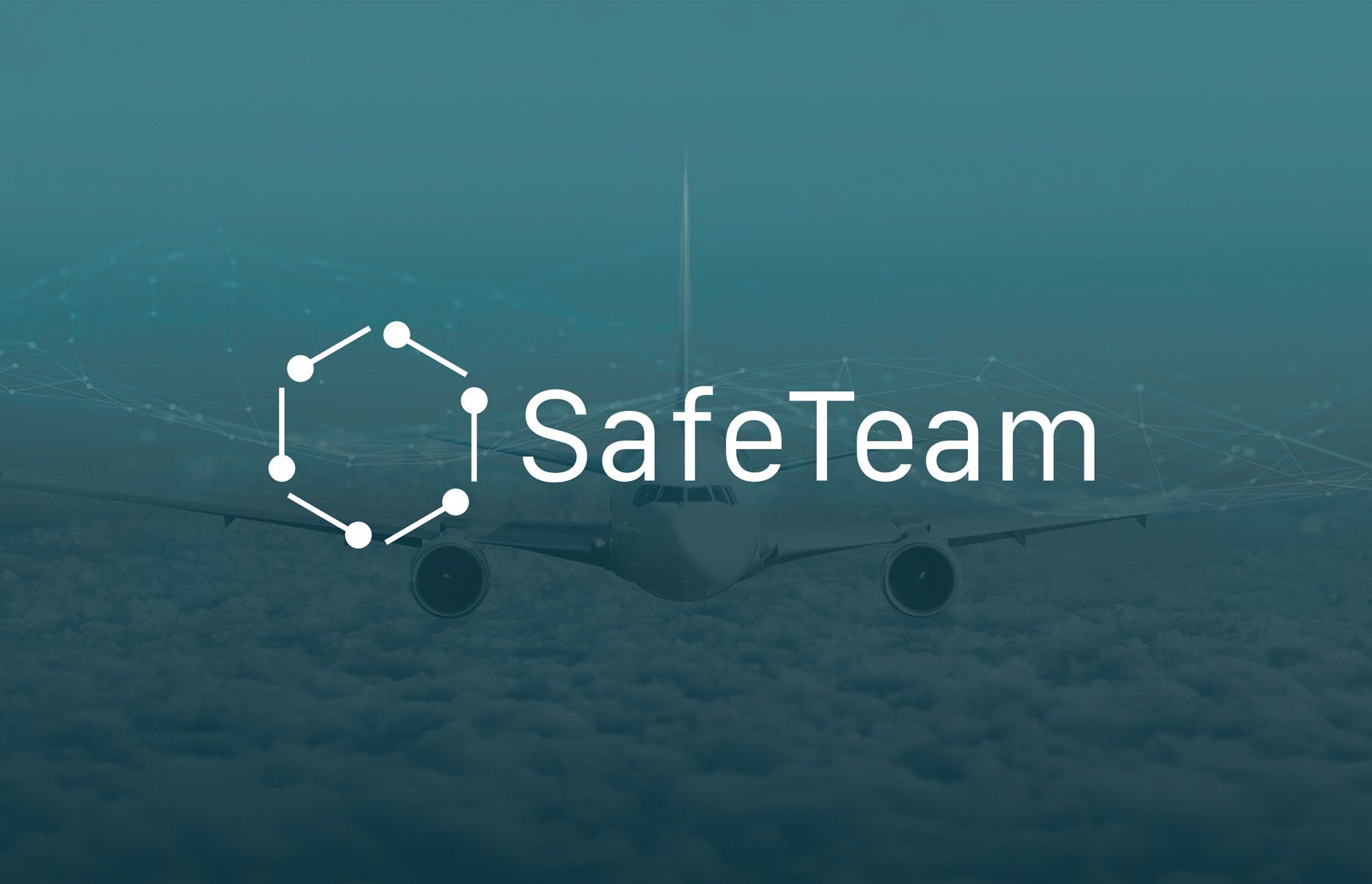As we wrap up the 2010s, the most uncertain decade yet to many, one sentiment seems to be shared by most: despite being a tumultuous decade, the world moved faster than ever before. In the sea of upheavals, breakthroughs and shifting perspectives that defined the 2010s, the accelerated rise of artificial intelligence and data science will surely be remembered as one of its most remarkable characteristics.
When Watson, an IBM’s intelligent machine, beat out human champions in Jeopardy! in 2011, it felt like an announcement of machine revolution. Since then, the whole decade seems to have been a constant release of new AI technologies penetrating our day-to-day lives. Virtual assistants that understand natural languages started answering our questions, more machines defeated human game players (e.g. AlphaGo), autonomous cars started driving on our streets (albeit only under human supervision), and “data scientist” was declared the sexiest job in the 21st century.
Data science indeed bridged the gap between tech-savvy geeks and folks not so well-versed in the language of zeroes and ones. It pushed a large number of people from various backgrounds to write their first lines of code, drastically revolutionised decision-making processes in business, and ultimately turned playing with data and creating knowledge into a cool, detective-like endeavour.
To wrap up the decade of data revolution on this blog, I decided to present my pick of 5 books published in the past 10 years that I found both educational and entertaining and that I wholeheartedly recommend to any data science practitioner out there. I wanted to focus on high-level literary pieces that I believe could stand the test of time, independent of any programming language, BA tool or machine learning library. The entries are ordered chronologically by the publishing date, starting with the most recent.
